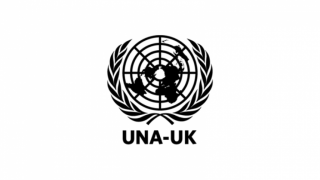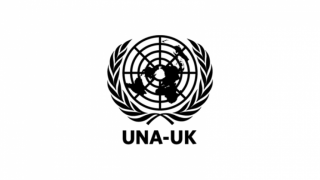As Western African countries prepare to offer amnesty to Laurent Gbagbo, incumbent president of Côte d'Ivoire, in return for him stepping down, a UN official investigating alleged human rights violations following the disputed November 2010 election has reportedly verified cases of extrajudicial killings. But Simon Munzu, head of the human rights division of the UN Operation in Côte d'Ivoire (UNOCI), also said that a campaign of intimidation by Gbagbo's supporters appears to have receded.
Mr Gbagbo has so far refused demands from the international community to stand down in favour of his rival, Alassane Ouattara, widely recognised as the victor, plunging the country into political turmoil. The UN estimates that some 200 people – mostly supporters of Ouattara – have been killed or disappeared in recent weeks. Widespread unrest, reports of mass graves and, most worryingly, the marking of doors, have sparked fears of civil war and genocide.
The UN peacekeeping force in Côte d'Ivoire has been instructed to do everything possible to prevent violence and to investigate these reports. UNOCI has been stationed in the country since 2004, when the Ivorian civil war ended. At present there are some 10,000 troops in the country.
In a House of Lords debate on 22 December, UNA-UK Chair Lord Hannay of Chiswick called for UNOCI to be reinforced, saying “does not the experience of Sierra Leone show that having an over-the-horizon capability, which can be provided only by countries with fairly sophisticated military forces, is often the best way of deterring the outbreak of fighting?” The UK has stated it would back a military intervention if sanctioned by the UN.






